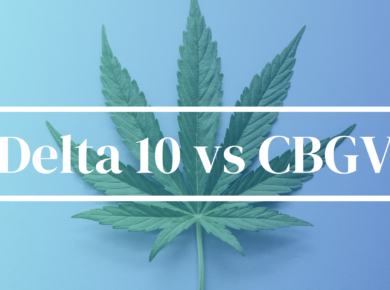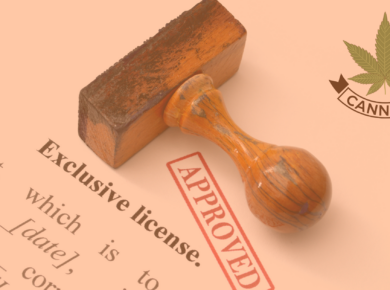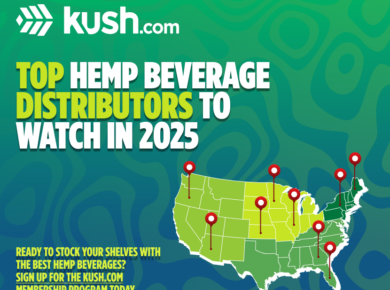THC (Delta 9-THC) and CBGV (Cannabigerovarin) are both intriguing cannabinoids found in the vast world of hemp and cannabis. The essence of their distinction lies in their chemical compositions and the effects they bestow upon users.
THC, frequently just known as Delta-9-Tetrahydrocannabinol, is the celebrated cannabinoid associated with the distinct psychoactive effects of cannabis, such as heightened senses and feelings of euphoria.
In contrast, CBGV, or Cannabigerovarin, is a more elusive cannabinoid housed in hemp. It’s akin to Cannabigerol (CBG) but boasts a propyl side chain. Contrary to THC, CBGV remains non-psychoactive.
Despite both cannabinoids influencing the body’s endocannabinoid system, their methods of interaction and resulting effects diverge. While THC readily attaches to CB1 receptors in our brain, CBGV’s affinity for these receptors is limited, with its precise mechanism still being deciphered.
Bear in mind, our grasp on these cannabinoids is based on current insights, and ongoing research will shed more light on their profound complexities.
Many States allow hemp derived cannabinoids under the 2018 Farm Bill as long as they contain less than .3% D9 THC. Some States have explicitly banned cannabinoids like Delta 8, so check your local rules and regulations before purchasing.
Here’s the rules for Kush.com and more details
Frequently Asked Questions (FAQs)
What is THC and its Connection to Hemp? THC, shorthand for Delta-9-Tetrahydrocannabinol, is a natural compound present in cannabis, including hemp. Its claim to fame is the intoxicating “high” it can induce. Notably, hemp is cultivated to have minimal THC content (below 0.3%) as per legal stipulations.
How Does CBGV Relate to Hemp? CBGV, abbreviated from Cannabigerovarin, is another compound found in the cannabis lineage, inclusive of hemp. It steers clear from the “high” effect synonymous with THC. Being overshadowed by THC, the exploration into CBGV’s traits and influence is still underway.
How Do THC and CBGV Effects Contrast? THC is infamous for its mind-altering effects, encompassing heightened senses and relaxation. Conversely, CBGV doesn’t manifest these effects. Its interaction with the body’s endocannabinoid system is distinct from THC, and research is ongoing.
Are Both THC and CBGV Present in Hemp? Absolutely. Both THC and CBGV reside in hemp. However, due to legal constraints, hemp’s THC content is capped at a meager 0.3%. CBGV content, on the other hand, fluctuates based on the hemp variety.
What’s the Legal Stance on THC and CBGV in Hemp? In several states, hemp and its byproducts are permissible as long as THC doesn’t exceed 0.3%. This implies that hemp products can legally encompass CBGV and other non-intoxicating cannabinoids. Always be sure to verify local guidelines.
Shop
Similar Product Searches You Might Be Interested In:





